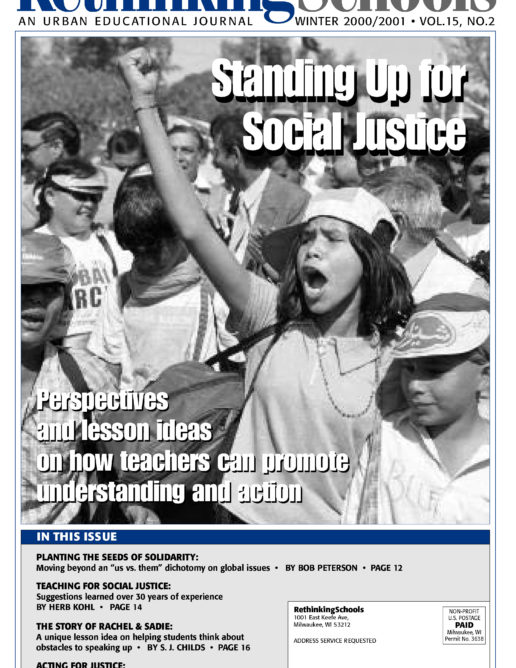Preview of Article:
Vouchers Go Down to Defeat
Michigan and California voters squash initiatives allowing public dollars for private schools.
Anti-voucher forces began airing TV ads on Oct. 3, emphasizing that vouchers hurt neighborhood public schools, that private schools “pick and choose” their students, and that vouchers could mean higher taxes. By mid-October, polling showed that the school voucher initiative was doomed.
On election day, voters in all 83 Michigan counties rejected vouchers. Voters in Detroit, where polling last spring showed support for the initiative by a 4 to 1 margin, said “no” to vouchers, 70 percent to 30 percent. Detroit’s early support began to flip-flop once voters began to learn about the proposal and after the NAACP and the city’s Baptist Ministerial Association came out against vouchers.
The California voucher initiative also was not “means tested” and would have provided $4,000 vouchers for every child, no matter their family income. It ran into similarly strong opposition though it too had strong financial backing, in this case from Silicon Valley venture capitalist Tim Draper and his father who provided more than 90 percent of the financing for the campaign. But in the end, the measure, Proposition 38, went down to a more than 2 to 1 defeat, losing even among the poor Black and Hispanic voters who were targeted as the “likely beneficiaries” of the voucher plan.
In California, African Americans voted down vouchers 68 percent to 32 percent, while Latinos opposed vouchers 77 percent to 23 percent, according to People for the American Way Foundation, a group supporting public education. In Michigan, African Americans voted against vouchers roughly 80 percent to 20 percent.
In the wake of the elections, Bob Chase, president of the NEA, declared, “The thorough thrashing on vouchers in California and Michigan should be a death knell to a bad idea.”</p

